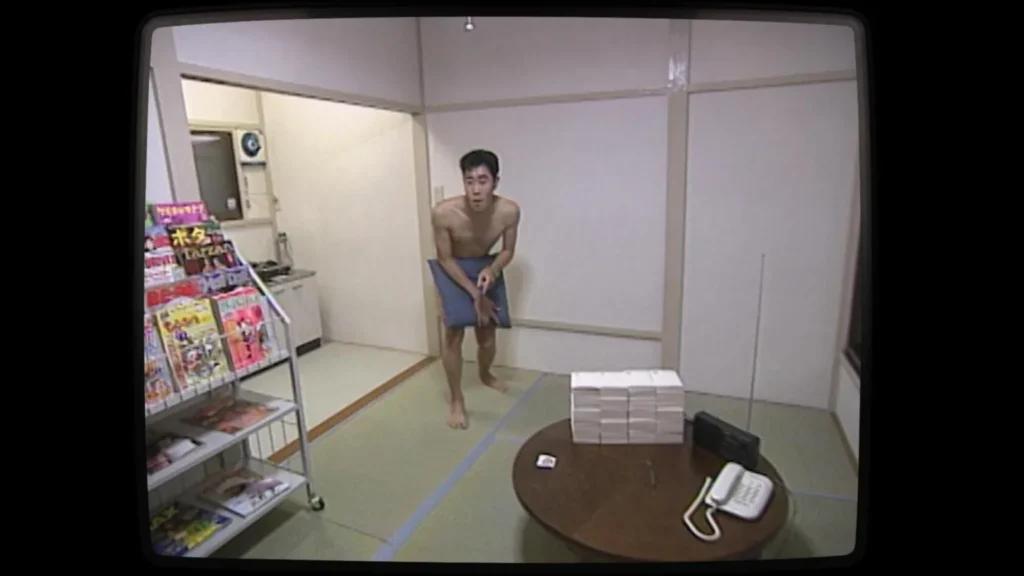Tomoaki Hamatsu Naked, Alone, and Surviving on Dog Food: The TV Show That Captivated a Nation
In 1998, a Japanese man named Tomoaki Hamatsu, better known as Nasubi, became the unwitting star of a reality TV show that would grip a nation and later spark significant controversy. Stripped naked and left alone in an almost-empty apartment, Nasubi faced an extraordinary challenge: to survive solely on competition prizes for 15 months.
The Unusual Setup

Nasubi was confined to an apartment with only a pen, some blank postcards, a telephone, and a rack full of magazines. These magazines contained sweepstakes and competition entry forms, which Nasubi had to fill out in the hope of winning essential items for survival. The goal was to win enough prizes to reach a financial threshold of 1 million yen, approximately £6,000 at the time.
The Harrowing Experience
Nasubi’s ordeal began with optimism but soon turned into a struggle for survival. Deprived of basic necessities, he often went days without food and had to rely on winning edible prizes. His isolation led to a gradual descent into depression and mania, exacerbated by extreme hunger and loneliness. Over the 15 months, Nasubi’s mental and physical health deteriorated as viewers watched his every move through hidden cameras.
Revisiting Nasubi’s Story
Nearly three decades later, Nasubi’s experience is being revisited in a new film, “The Contestant,” directed by Clair Titley. The documentary recently screened at the Sheffield Documentary Festival, shedding light on the psychological and ethical implications of Nasubi’s confinement.
“I came across his story when I was working on a different project and got lost down one of those internet rabbit holes,” recalls Titley. “But I found that a lot of what I had come across was almost derogatory. Nothing had really talked about Nasubi’s story in depth. I had all these questions, such as, why did he stay in there, and what kept him going?”
The Impact and Legacy
Nasubi’s story raises critical questions about the ethics of reality television and the psychological impact on participants. The show, which aired under the title “Denpa Shonen,” was immensely popular in Japan, but it also faced backlash for its treatment of Nasubi. The experience left him with lasting scars, both mentally and physically.